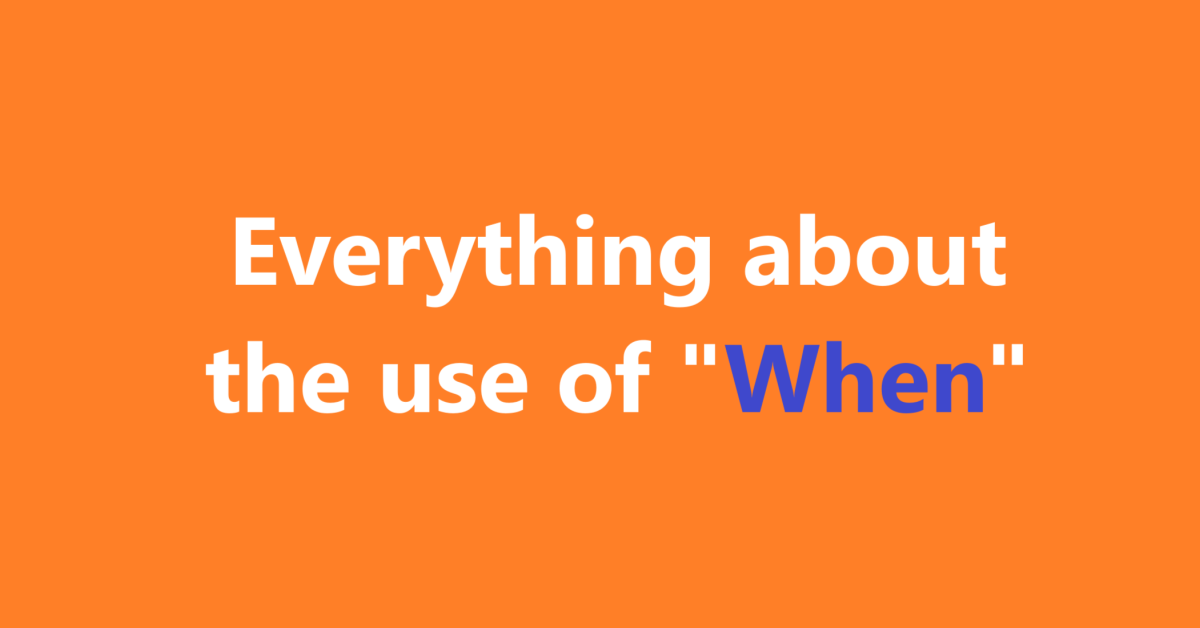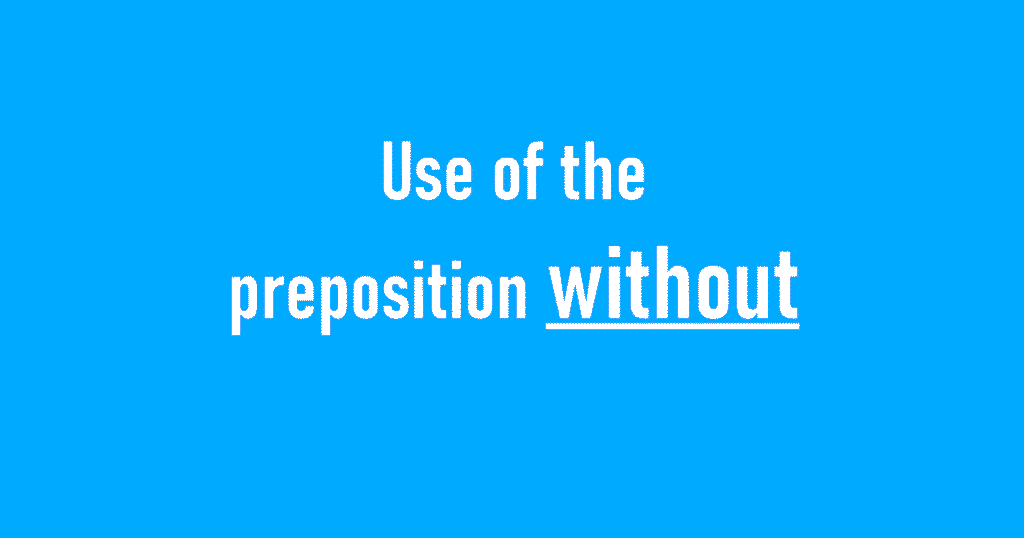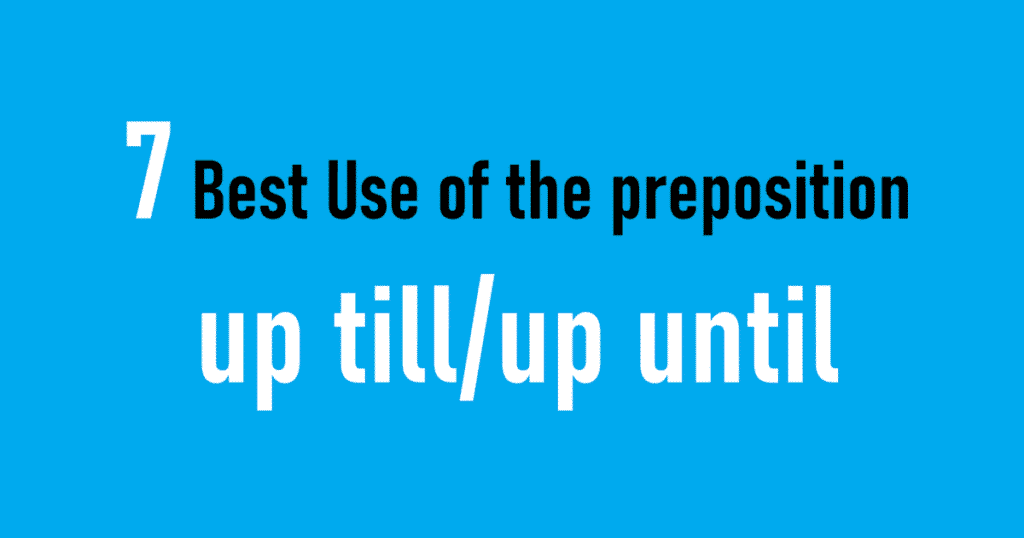The word “when” serves multiple grammatical purposes in English, primarily as an interrogative pronoun, a relative pronoun, and a subordinating conjunction. Let’s break down its use in detail:
1. Interrogative Pronoun
“When” is commonly used to ask questions about time.
- Examples:
- A: “When is the meeting scheduled?”
- B: “When did you finish your homework?”
2. Relative Pronoun
“When” can introduce a subordinate clause, providing more information about a noun, typically referring to time.
- Examples:
- A: “I remember the day when we first met.”
- B: “This is the year when we plan to travel to Europe.”
3. Subordinating Conjunction
“When” is also used to link a dependent clause to an independent clause, indicating the time an action took place, happens, or will happen.
- Examples:
- A: “Call me when you arrive.”
- B: “I’ll let you know when I finish my project.”
4. Phrases with “When”
There are specific phrases and expressions that include “when”:
- When it comes to: Used to introduce a topic for discussion.
- Example: “When it comes to cooking, she is an expert.”
- When in doubt: A phrase suggesting an action people should take when uncertain.
- Example: “When in doubt, ask for help.”
5. Time Clauses
“When” can start time clauses, which provide information about the timing of the main action in a sentence. These can describe past, present, or future situations.
- Examples:
- Past: “I was in a hurry when I dropped my phone.”
- Present: “I feel happy when I listen to music.”
- Future: “Let me know when you’re ready to leave.”
6. Usage in Conditional Sentences
“When” can also be used in conditional sentences to imply certainty or predictability, in contrast to “if,” which implies uncertainty.
- Examples:
- “When you press the button, the machine starts.”
- “When she calls, I will answer.”
7. Emphasis
In some contexts, “when” can be used for emphasis or dramatic effect, particularly in rhetorical questions.
- Examples:
- “When will we ever learn?”
- “When is someone going to take responsibility?”
8. Common Mistakes
- Confusing “when” with “if”: While both can be used to indicate conditions, “when” implies certainty about the occurrence while “if” leaves room for possibility.
- Correct usage: “I’ll go when I’m ready.” (implies you will go for sure at some point)
- Incorrect usage: “I’ll go if I’m ready.” (this implies uncertainty)
Questions and Answers Using “When”
Here are 40 questions and answers that illustrate the use of “when” in various contexts:
- Q: When is your birthday?
A: My birthday is on March 15th. - Q: When did you start your new job?
A: I started my new job last month, on January 2nd. - Q: When are you planning to go on vacation?
A: We’re planning to go on vacation in July. - Q: When will the meeting take place?
A: The meeting will take place on Friday at 2 PM. - Q: When can I expect to hear back from you?
A: You can expect to hear back from me by the end of the week. - Q: When did you last see your best friend?
A: I last saw my best friend two weeks ago. - Q: When do you feel the most productive?
A: I feel the most productive in the morning after my coffee. - Q: When is the deadline for the project?
A: The deadline for the project is March 31st. - Q: When do you usually go to bed?
A: I usually go to bed around 11 PM. - Q: When will you finish your homework?
A: I’ll finish my homework by tonight. - Q: When did you learn how to play the guitar?
A: I learned how to play the guitar when I was 12 years old. - Q: When do you usually have lunch?
A: I usually have lunch at noon. - Q: When did you move to this city?
A: I moved to this city in 2020. - Q: When is the concert happening?
A: The concert is happening on Saturday. - Q: When do you plan to start studying for exams?
A: I plan to start studying two weeks before the exams. - Q: When was the last time you traveled?
A: The last time I traveled was last summer. - Q: When can we meet to discuss the project?
A: We can meet anytime next week. - Q: When do you usually celebrate your anniversary?
A: We usually celebrate our anniversary in September. - Q: When is the best time to visit the beach?
A: The best time to visit the beach is during the summer. - Q: When does the movie start?
A: The movie starts at 7:30 PM. - Q: When was the book published?
A: The book was published in 2019. - Q: When do you plan to retire?
A: I plan to retire in five years. - Q: When did you last go hiking?
A: I last went hiking in October. - Q: When are you coming back from your trip?
A: I’m coming back next Tuesday. - Q: When did you decide to change careers?
A: I decided to change careers in 2021. - Q: When is your favorite season?
A: My favorite season is autumn when the leaves change color. - Q: When do you exercise?
A: I exercise every morning before work. - Q: When will you be able to help me with this?
A: I’ll be able to help you on Friday. - Q: When do you feel happiest?
A: I feel happiest when I’m spending time with my family. - Q: When is the family reunion planned?
A: The family reunion is planned for July 4th. - Q: When do you usually do your grocery shopping?
A: I usually do my grocery shopping on Sundays. - Q: When will the new restaurant open?
A: The new restaurant will open next month. - Q: When did you last watch a movie?
A: I last watched a movie last weekend. - Q: When is the best time to see flowers bloom?
A: The best time to see flowers bloom is in spring. - Q: When did you start this hobby?
A: I started this hobby a year ago. - Q: When do you enjoy reading the most?
A: I enjoy reading the most in the evening before bed. - Q: When is the last day of school?
A: The last day of school is on June 15th. - Q: When can I try the new dish you made?
A: You can try the new dish at dinner time. - Q: When did the conference take place?
A: The conference took place last month. - Q: When will you travel again?
A: I will travel again when I have enough vacation days.
FAQs About “When”
Here’s a list of Frequently Asked Questions (FAQs) specifically about the word “when,” its usage, and its grammatical aspects:
- Q: What is “when” used for in English?
A: “When” is primarily used as a question word to inquire about time, as well as a conjunction to introduce time-related clauses. - Q: How do you use “when” in a question?
A: You can use “when” to ask about the timing of an event. For example, “When is your birthday?” - Q: Can “when” be used to describe past, present, or future events?
A: Yes, “when” can refer to past, present, or future events depending on the context, such as “When I was a child,” “When you arrive,” or “When will it happen?” - Q: What is the difference between “when” and “if”?
A: “When” indicates certainty about a time event occurring, whereas “if” suggests uncertainty. For example, “When you finish your homework” vs. “If you finish your homework.” - Q: Can “when” be used in the middle of a sentence?
A: Yes, “when” can be used in the middle of a sentence as a conjunction, such as in “I will call you when I arrive.” - Q: Are there specific phrases that commonly use “when”?
A: Yes, phrases like “when in doubt” and “when the time is right” are often used in English. - Q: How do you use “when” in a relative clause?
A: “When” can be used to provide additional information about a noun with a qualifying clause. For example, “I remember a time when we traveled together.” - Q: Is “when” always a question word?
A: No, “when” serves as both a question word and a conjunction in sentences. - Q: Can “when” be used for emphasis in questions?
A: Yes, “when” can be used for emphasis, such as in rhetorical questions: “When will they ever learn?” - Q: Do I need to put a comma before “when”?
A: A comma is typically used before “when” in complex sentences, especially if it introduces a subordinate clause. For example, “I was surprised, when it started to rain.” - Q: How does “when” function in conditional sentences?
A: “When” can imply certainty in conditional sentences, such as “When it rains, the ground gets wet.” - Q: Are there different meanings of “when”?
A: Yes, “when” can indicate a specific time, a period of time, or an occurrence depending on the sentence context. - Q: Can “when” be used in hypothetical situations?
A: Yes, “when” can be used to make hypothetical statements, like “When I travel, I like to explore new places.” - Q: How do I know when to use “when” vs. other time-related words?
A: Use “when” to specify a particular time or occurrence. For instances requiring conditions or possibilities, consider “if,” “before,” or “after.” - Q: Is “when” used differently in formal and informal contexts?
A: The usage of “when” itself doesn’t change significantly between formal and informal contexts, but the surrounding structure might.
Conclusion
The use of “when” is versatile and crucial for discussing time in English. It’s used to form questions, create relative clauses, link time-dependent events, and more. Understanding its various applications allows for clearer and more nuanced communication about time-related events or situations.


